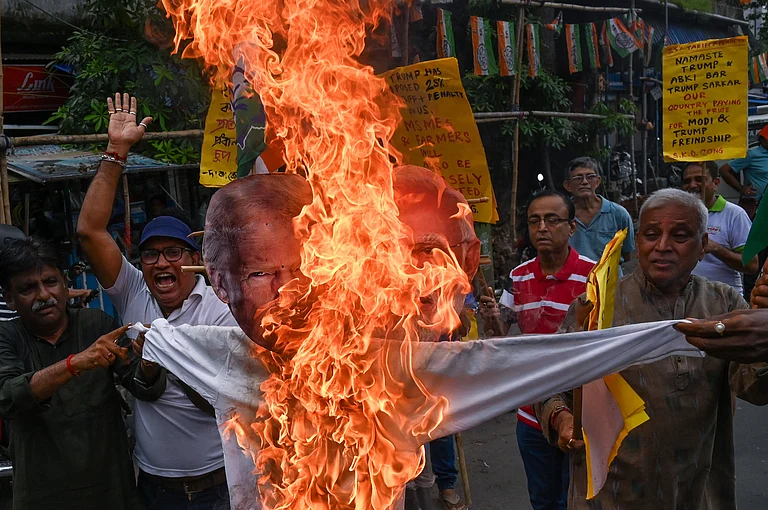The 'PM e-Bus Sewa' initiative has been approved by the Union Cabinet on Wednesday which aims to improve the public transport experience of people across the cities in India.
Union Minister Anurag Thakur announced the details of this initiative and mentioned that this will also help with the concerns of climate change according to the objectives of the country.
Thakur said, "Out of ₹57,613 crores, ₹20,000 crores will be provided by the Central government. The scheme will cover cities with 3 lakhs and above population. Under this scheme, city bus operations with 10,000 e-buses on Public Private Partnership (PPP) model will be done. This scheme will support bus operations for 10 years."
Which cities will be covered by this scheme?
The 'PM e-Bus Sewa' will provide 10,000 new electric buses across the country. The cities with 3 lakhs or above population will be covered by this scheme. The Union Minister also said that priority will be given to the cities that do not have proper bus services. The capital cities of Union territories, northeast region and the Hill states will be covered by the scheme, reportedly.
Will this generate jobs?
Around 45,000-55,000 jobs are expected to be generated with the help of this scheme.
What is the PPP model?
The Public Private Partnership model will help the existing infrastructure of public transport in the cities and reportedly will develop the depot infrastructure. According to a TOI report, the scheme will also help cities create behind-the-meter power infrastructure for the e-buses.
How will it help with climate change concerns?
Anurag Thakur told the media that the infrastructure will be upgraded in 181 cities under the Green Urban Mobility Initiatives. He also said that non-motorised infrastructure will be developed to push the climate change concerns. Bike sharing will be encouraged and bicycle lanes will be made. According to the reports, other innovative projects like National Common Mobility Card, Intelligent Transit Management System and Multimodal Interchange facilities will also be looked into.


























